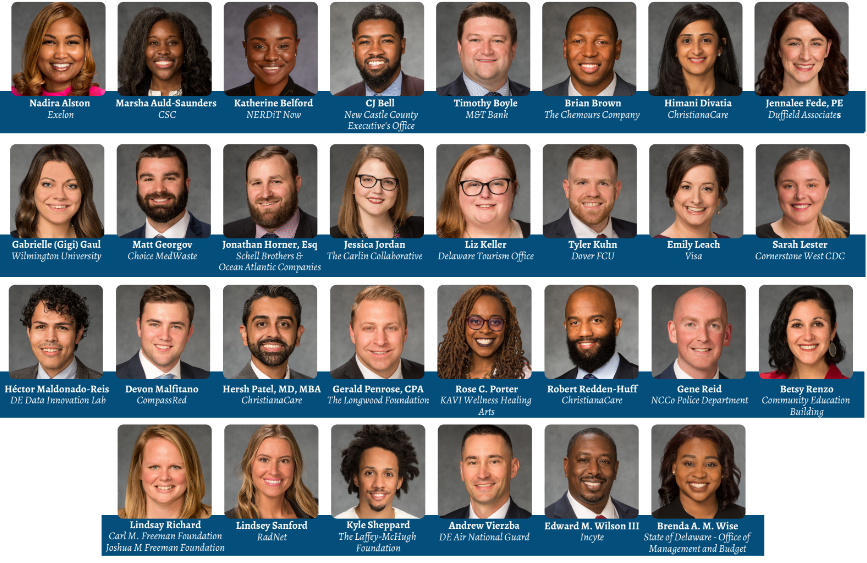Christian James, a 15-year-old high school sophomore from Torresdale, will have the distinct honor of having his science experiment tested in space.
As part of the national Student Spaceflight Experiments Program, James’ experiment — titled “Effects of Microgravity on the Growth of Algae Cysts and Lipid Production,” designed alongside fellow student Logan Ford, who hails from Titusville, Pa. — will be one of 41 student-designed tests taking place this spring aboard the International Space Station (ISS).
“I feel ecstatic about my experiment going to space,” said James, a student of the Hershey, Pa.-based Milton Hershey School, in an email to Technical.ly. “I feel like this will help humanity as we colonize other worlds in space.”
Why the daring objective? Well, the young science wiz and aspiring astrobotanist said the will help inform the vital goal of providing an energy source for humans beyond Earth’s atmosphere.
“I assume that there are no fossil fuels on Mars and other planets,” said James. “This experiment will hopefully be a clean fuel source and not destroy the planets we colonize.”
ISS astronauts will perform the experiment for approximately four to six weeks, at which point the samples will return to Earth for student analysis. Students like James and Ford will then outline their findings at the upcoming SSEP National Conference.
The Student Spaceflight Experiments Program is part of the National Center for Earth and Space Science Education in the U.S. and the Arthur C. Clarke Institute for Space Education internationally. Some 19,000 experiments have been proposed by students and researchers across the country since the program’s start in 2010, with an average acceptance range of 2 percent.
Jaunine Fouché, the Hershey School’s director of STEAM and agricultural & environmental education, called the experiment’s selection to the program a once-in-a-lifetime opportunity.
“Our students really rose to the challenge,” said Fouché. “The hard work and dedication of our students is a wonderful testament to our founders’ mission, and we are incredibly proud of what these students have already accomplished.”







